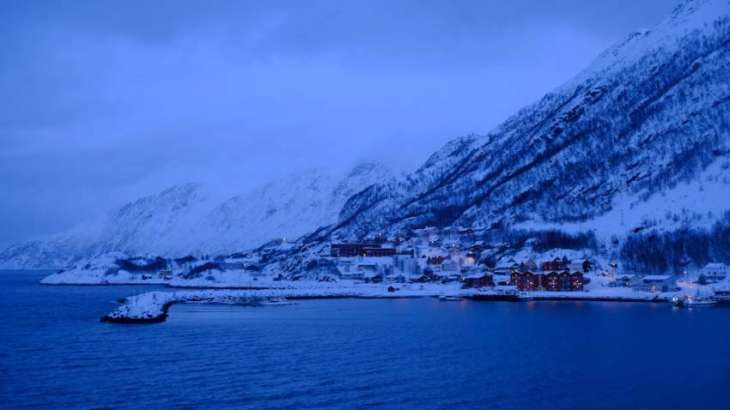Arktika, Russia's next-generation nuclear icebreaker that will become the world's largest and most powerful vessel of its kind, has successfully completed the second phase of sea trials, FSUE Atomflot (Rosatomflot), an icebreaker operator and part of Russia's state nuclear agency Rosatom, said on Thursday
MOSCOW (Pakistan Point News / Sputnik - 17th September, 2020) Arktika, Russia's next-generation nuclear icebreaker that will become the world's largest and most powerful vessel of its kind, has successfully completed the second phase of sea trials, FSUE Atomflot (Rosatomflot), an icebreaker operator and part of Russia's state nuclear agency Rosatom, said on Thursday.
"On September 17, the lead universal nuclear icebreaker Arktika returned to St. Petersburg following the completion of the second phase of sea trials. During the period of June 23-September 16, the operation of the mechanisms and equipment of the nuclear-powered ship was checked, the electric power system in sailing conditions and maneuvering characteristics of the vessel were tested in the Gulf of Finland and the Baltic Sea," the operator said.
Mustafa Kashka, the general director of the FSUE Atomflot, said that the company was satisfied with the results of the sea trials.
"The Arktika nuclear icebreaker is ready to sail to Murmansk," Kashka noted.
The vessel is expected to leave St. Petersburg on Tuesday. The journey to the Barents Sea will take approximately two weeks, during which the nuclear icebreaker will be tested in glacial conditions, according to the operator.
The 569-foot-long Arktika icebreaker of Project 22220 has a three-shaft propulsion system with a total capacity of 60 megawatts. Two more of the project's icebreakers designed for mass production � Sibir and Ural � are set to be commissioned in November 2020 and November 2021.
Arktika-class nuclear icebreakers will be able to escort caravans of ships in Arctic conditions, breaking up to three meters of ice while accompanying vessels carrying hydrocarbon raw materials from the Yamal and Gydan peninsulas and the Kara Sea shelf to the markets of the Asia-Pacific region.




